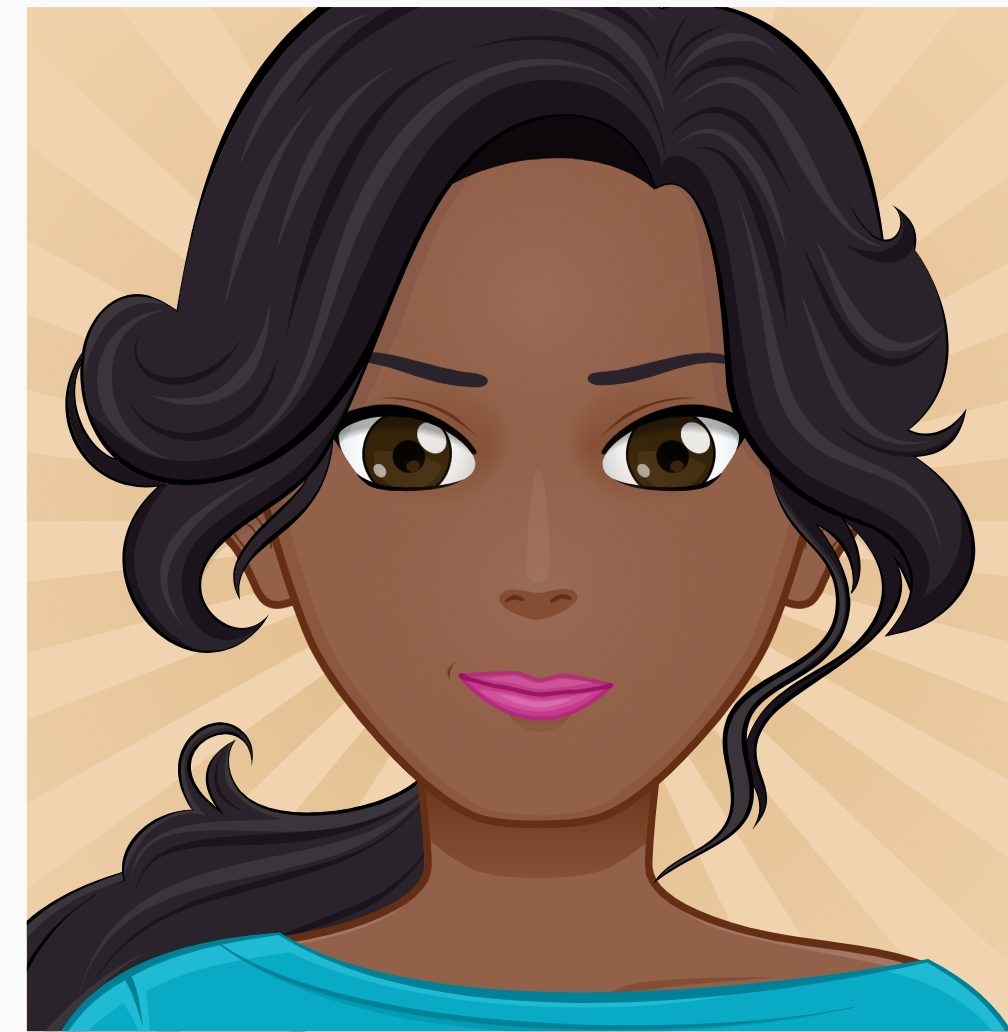Subtle signs that you’re being abused

Brigitte
What Is Normal?
No one ever says that they want to be a victim of abuse. I for one wouldn’t in a million years think that I would be considered a victim. My story starts out with thinking my childhood experience was “normal “. I mean I came from a 2 parent home was the oldest of four children 2 sisters and 1 brother.
For the most part my mother was our primary caretaker and my father was always working providing for us.
But, when you add a few contributing factors things get a little blurry. You see my parents were working class, who happened to be immigrants from the Caribbean. English was not their first language, like most people who come to America they carried their hopes and dreams for a better life. What they also brought with them was their beliefs, cultural traditions, as well as their deep seated traumas embedded in their ways.
I being a first generation child, had the luxury of having certain things afforded to me that my parents didn’t have. But, that goes without saying. What I didn’t know firsthand was that the way my parents raised my siblings and I that there were signs of dysfunction and mistreatment.

“What we perceive about ourselves is greatly a reflection of how we will end up living our lives.”
Stephen Richards Tweet
Want More Self Care Tips?
1.What is the meaning of abuse?
According to the Oxford dictionary “use (something) to bad effect or for a bad purpose; misuse.”
“treat (a person or an animal) with cruelty or violence, especially regularly or repeatedly.”
In other words mistreatment of any person or animal with the intent to cause detrimental harm. It’s about power and control.
Different types of abuse Learn More
• Physical abuse
• Domestic violence or abuse
• Sexual abuse
• Psychological or emotional abuse
• Financial or material abuse
• Modern slavery
• Discriminatory abuse
• Organisational or institutional abuse
• Neglect or acts of omission
• Self-neglect
2. What exactly does abuse look like?
Abuse doesn’t display in the same manner for everyone. Usually when people hear the word abuse what they may picture by default is a man beating on a woman”domestic violence” usually common between couples.
So often the there isn’t just one particular look or person that looks like a victim of abuse.
As I stated earlier, no one who knew me or my family wouldn’t have guessed that there was an abusive situation in our household.

3. Abuse doesn’t discriminate
Most people may think that it only can happen to a certain group of people, gender,sexual orientation,economic status etc. According to the National Domestic Violence hotline “Anyone of any race, age, sexual orientation, religion or gender can be a victim – or perpetrator – of domestic violence. It can happen to anyone.
4. What are the signs to look for?
Although I didn’t suffer physical abuse, I still suffered verbal/emotional abuse and neglect during my childhood. And as an adult I suffered psychological / emotional abuse as well as financial / material abuse in a past relationship with my child’s father. At the time I was going through them, I thought it was normal. Learn More
5.Am I a victim or perpetrator?
I often struggled with the idea that I would become an abuser or abusive. Because that was the default example I had growing up. This created a fear of not trusting or getting too close to others.
Which in itself was detrimental and unhealthy for my growth. As I looked back with what occurred in the safety of therapy. I now understand that I had moments where I did display or emulated the attitude and behaviors of my abuser for the mere fact of survival. Some may recognize this as a form of “Stockholm syndrome “

6.What can I do?
You can seek out information and help from those who are experienced with assisting individuals who are currently or have been in an abusive situation.
One thing that I am grateful for is that I have the ability to go to therapy. Before, I was able to find a therapist, I did my research. I would read anything I could get my hands on and seek out information from others online.
Conclusion
If you are currently in a stage in your life, where you have more questions than answers to what has happened to you.
Don’t be afraid or ashamed, I was once in your shoes. I know how confusing, painful, and scary it feels to be in an abusive situation and wanting to get out. You can and you will get through this. You have already taken a step by being here.